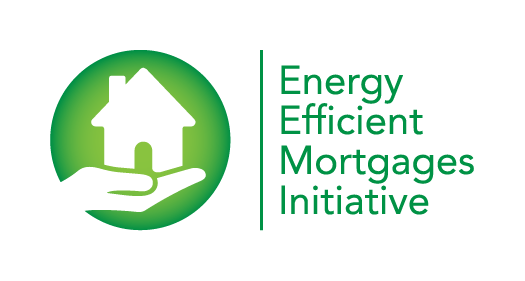Percentage distribution of primary energy (Ep) values in the Italian national building stock
The European Union is pursuing ambitious climate change targets aligned with the 2015 UN 2030 Agenda and the Paris Agreement. Achieving these targets requires substantial investments, primarily in energy-efficiency renovations of buildings, which are currently lagging across Member States. The EU recognizes that the public sector alone cannot meet these financial demands, hence private finance has become a focal point in transitioning to a sustainable economy. Since 2018, the EU has developed a comprehensive regulatory agenda for Sustainable Finance to facilitate this transition, centering on the EU Taxonomy and its technical screening criteria (TSC) established in the April 2021 Delegated Act on Sustainable Activities.
The TSC are crucial for determining compliance with energy-efficient financing, specifically regarding the construction, renovation, and ownership of buildings. The Energy Efficient Mortgage (EEM) Label initiative, alongside the Energy Efficient Mortgage Initiative (EEMI) National Hubs, has been analysing the implications of these criteria. A significant challenge in Italy has been identifying the top 15% of the existing building stock based on Primary Energy Demand (PED), as there is currently no clear function to link PED to Energy Performance Certificates (EPCs). This has introduced uncertainty in the market.
To address this issue, the EEMI mandated the Comitato Termotecnico Italiano (CTI) to develop a methodology for identifying compliance thresholds for various building types and climate zones. CTI’s findings enable banks to accurately benchmark energy efficiency, originate new energy-efficient mortgages, and align their bond frameworks with the EU Taxonomy. For instance, analysis shows that, among buildings constructed before 2020, significant discrepancies exist between prior eligibility criteria and the new EU Taxonomy standards.
The results from the CTI’s analysis serve as vital guidance for Italian banks in improving their loan portfolios and achieving EU Taxonomy compliance. The intent is to adapt and share this methodology across other jurisdictions to facilitate similar progress in energy efficiency financing.
Sitemap
Copyright © Energy Efficient Mortgages Initiative


The project DeliverEEM has received funding from the European Union’s LIFE 2023 programme under grant agreement No.101167431. The EeMAP, EeDaPP, EeMMIP projects have received funding from the European Union’s Horizon 2020 research and innovation programme under grant agreements No. 746205, No. 784979 and No. 894117 respectively
Privacy Overview
| Cookie | Duration | Description |
|---|---|---|
| cookielawinfo-checkbox-analytics | 11 months | This cookie is set by GDPR Cookie Consent plugin. The cookie is used to store the user consent for the cookies in the category "Analytics". |
| cookielawinfo-checkbox-functional | 11 months | The cookie is set by GDPR cookie consent to record the user consent for the cookies in the category "Functional". |
| cookielawinfo-checkbox-necessary | 11 months | This cookie is set by GDPR Cookie Consent plugin. The cookies is used to store the user consent for the cookies in the category "Necessary". |
| cookielawinfo-checkbox-others | 11 months | This cookie is set by GDPR Cookie Consent plugin. The cookie is used to store the user consent for the cookies in the category "Other. |
| cookielawinfo-checkbox-performance | 11 months | This cookie is set by GDPR Cookie Consent plugin. The cookie is used to store the user consent for the cookies in the category "Performance". |
| viewed_cookie_policy | 11 months | The cookie is set by the GDPR Cookie Consent plugin and is used to store whether or not user has consented to the use of cookies. It does not store any personal data. |
